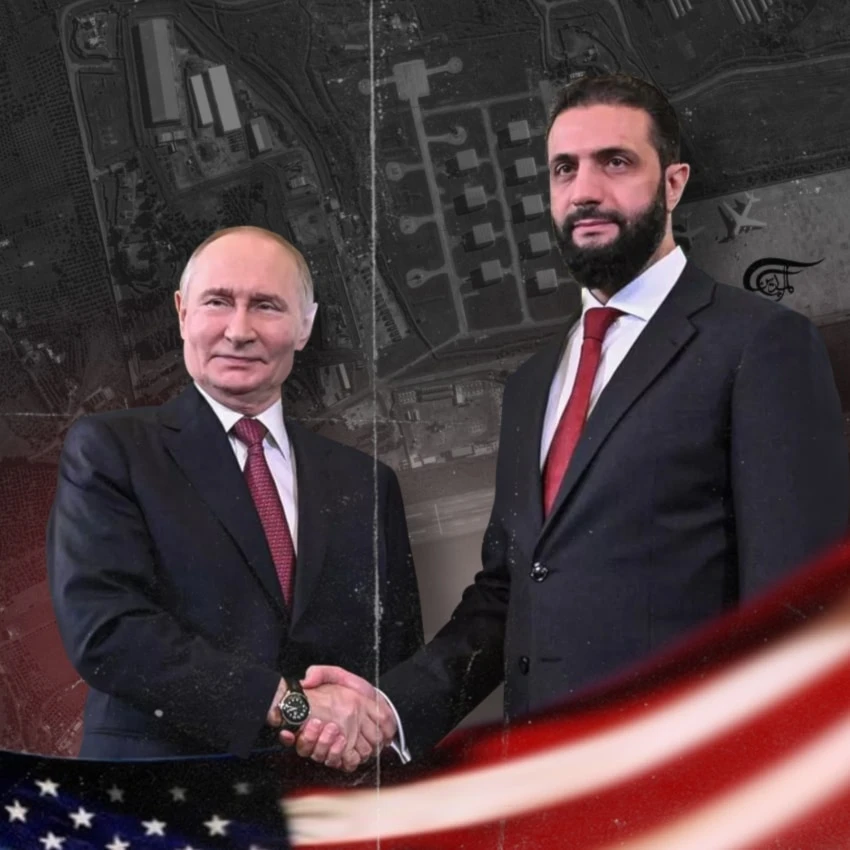Niger government breaches UN treaty under pressure from Rwanda and France
The more one looks into the Rwandan genocide and what the causes and consequences of that gigantic tragedy were, the more one discovers that the reality is far different from the official story.
-

And then France entered the game.
The more one investigates what happened in Rwanda in 1994 and what the causes and consequences of that gigantic tragedy were, the more one discovers that the reality is far different from what is officially told and retold about it.
It was a war in which there were victors and losers. The victors wrote history, dispensed justice, and still control the country (and the region). The vanquished, under a widespread stigma of "genocidaires", still have no rights almost 30 years later; both the dead and the survivors. Even those who were declared totally innocent by the victors' courts continue to suffer the dishonor of being considered criminals, thanks to the official history manufactured by the victors and the unprofessionalism of the mainstream media and agencies, which reproduce that history without checking a single fact.
It is well known that at the end of 1994, the UN Security Council established an International Criminal Tribunal for Rwanda, ICTR, in Arusha, Tanzania. After 21 years of operation, that tribunal closed in December 2015, having convicted 61 people, 23 of whom were convicted of lesser crimes and have already served their sentences.
In addition to those convicted who have already more than served their sentences, there are 18 others whose charges were dropped for not being sustained, or who were acquitted, having spent between 10 and 15 years in pre-trial detention (some even spent 18 years before being acquitted).
After not even the victors' tribunal was able to prove anything and declared them totally innocent, far from being able to recover their lives and clear their names, these 18 people continue to suffer the stigma of being considered genocidaires and criminals. In fact, the Rwandan regime, led by Paul Kagame, has made it clear on multiple occasions that its government does not recognize the ICTR judgments and that if these people go to Rwanda, they will be tried again for the crimes of which they have been acquitted, in violation of the legal principle of Non-bis in idem.
Among these 23 and 18 men, who are theoretically innocent and free, there is a group still held in Tanzania, in the so-called 'Safe Houses' of the Arusha Tribunal, which closed its doors in 2015. The UN agency in charge of continuing the trials and management of all ICTR-related matters, as of 2015, is the International Residual Mechanism for Criminal Tribunals (IRMCT), which is based in The Hague.
These people, who are all around 80 years old today, cannot leave, nor have they ever been able to work, rent a house or sign a simple telephone contract, because they are undocumented. Without identity documentation, whether as a refugee, a passport, a residence, or a work permit, a person can hardly do anything, no matter how innocent and free he or she is.
The current regime in Rwanda, their country of origin, will never provide birth certificates or any other bureaucratic procedures necessary to apply for passports, residence permits, or visas, but the UN has not shown much enthusiasm for normalizing the situation of these people in its custody so that they can regain their lives and be reunited with their families. Nor have countries where the families of some of them have been citizens for decades, such as Canada, shown much interest.
On November 15, 2021, the UN finally made a move and signed an agreement with the government of Niger to take in nine of the men stranded in Arusha. The agreement stipulated, among other things, that Niamey would take them in for a year without health coverage, that they would have documentation proving their identity, with a guarantee that they would not be extradited to Rwanda (to guarantee Non-bis in Idem), and that the UN would give them a one-off compensation of $10,000.
The UN proposed this agreement to the nine Rwandans while informing them that it would no longer be responsible for their maintenance in Tanzania, for housing, food, and health care, mainly after 22 December. Eight of the nine accepted the deal, because they had no choice, and traveled to Niamey on 5 December. A ninth, Jerome C. Bicamumpaka, had to refuse the transfer to Niger because he has cancer, for which he was being treated in Nairobi, Kenya, and could not continue his treatment in Niger. On December 22, he was forced to leave the Safe House in Arusha and the UN is no longer providing for his treatment in Nairobi, where he had an appointment for January 2022. His family is fighting hard to get him to Canada to be treated there and has even launched a petition online to support his cause before the Canadian Minister of Public Security, Marco Mendicino.
But France entered the game
Unexpectedly, on December 27, the government of Niger notified the Rwandans of a definitive expulsion order from its territory "for diplomatic reasons", in breach of the agreement signed with the UN. They were given 7 days to leave the country. Under international pressure and an order from IRMCT, the Hague Mechanism, responsible for the agreement and the fate of these people, this deadline has been extended to 30 days, until the end of January 2022, pending appeals against the decision. What had happened? How is this turn of events possible?
Rwandan dictator Paul Kagame had traveled to Paris between 19 and 21 December. Having just recovered their diplomatic relations, according to the media, the two leaders, Macron and Kagame, held talks on various issues, including the deployment of an anti-terrorist mission of Rwandan troops in Mozambique's Cabo Delgado Province, where an Islamist militia has emerged from nowhere, causing incalculable suffering to the local populations and millions of dollars in losses to transnationals such as France's Total, which exploits the abundant oil and gas in the area.
Niger is also the main supplier of uranium to the French nuclear energy company AREVA. The traditional lack of sovereignty of this country, which receives a price for its uranium set by France rather than by international markets, was aggravated when the new government led by Mohamed Bazoum suffered a coup attempt by his army in April 2021. France backed it, and Bazoum's government now relies more on the French army than on its own. Niger cannot afford to mess with its security because, like the rest of the Sahel, it has suffered the scourge of jihadist terrorism since Libya was destroyed by the US and NATO in 2011.
Several African media have reported from inside Niger that its government took the decision to expel the eight Rwandans "after a long telephone conversation between its President, Mohamed Bazoum, and French President Emmanuel Macron on 20 December 2021", precisely when Paul Kagame was there. Other media outlets have openly reported that Rwanda has questioned this agreement and the subsequent transfer of Rwandans from Arusha to Niamey and has raised questions with the countries involved, which is totally illegal harassment of, I insist, innocent and free men. The international media that cover this information, branding the eight Rwandans as genocidal and justifying the actions of Rwanda and Niger, should rethink their professionalism.

 Rosa Moro
Rosa Moro
 7 Min Read
7 Min Read











